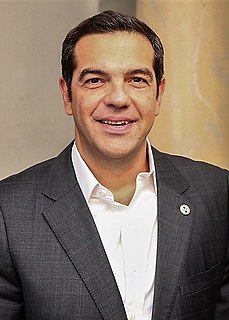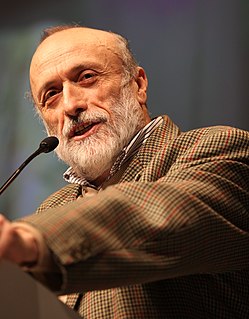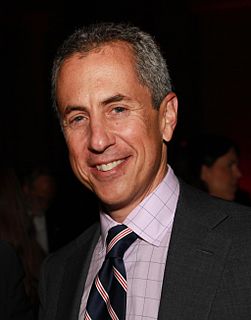A Quote by Tamzin Outhwaite
I became a spokeswoman for Future Friendly - a partnership between sustainability experts and household brands trying to inspire people to save water, energy, and packaging.
Related Quotes
Everything we think about regarding sustainability - from energy to agriculture to manufacturing to population - has a water footprint. Almost all of the water on Earth is salt water, and the remaining freshwater supplies are split between agricultural use and human use - as well as maintaining the existing natural environment.
Often, sustainability is discussed only in the context of energy. Energy sustainability is essential - but the word has a much broader meaning. It means long-term thinking about how we manage our businesses, invest in social spending, and plan for the future. This requires vision and leadership, and it requires citizen engagement.
Society is indeed a contract. It is a partnership in all science; a partnership in all art; a partnership in every virtue, and in all perfection. As the ends of such a partnership cannot be obtained in many generations, it becomes a partnership not only between those who are living, but between those who are living, those who are dead, and those who are to be born.
In the next few years the struggle will not be between utopia and reality, but between different utopias, each trying to impose itself on reality ... we can no longer hope to save everything, but ... we can at least try to save lives, so that some kind of future, if perhaps not the ideal one, will remain possible.
Sustainability is not just about adopting the latest energy-efficient technologies or turning to renewable sources of power. Sustainability is the responsibility of every individual every day. It is about changing our behaviour and mindset to reduce power and water consumption, thereby helping to control emissions and pollution levels.
The idea of sustainability can imply there is one perfect, unchanging future, if only we could work out how to get there. Resilience might be more useful, in that it assumes a dynamic environment and that perfection is impossible. You need to design systems to accommodate failure rather than eliminate it. By trying to be perfect, many visions of sustainability are quite brittle
We are proceeding on the basis of common values. We have more to gain from partnership, from promoting our partnership in dealing with the big global challenges. I, therefore, believe that in the near future, not much is going to change in the relations between E.U., Greece and the United States of America. These are relations that were forged under very difficult conditions and rely on the common values of our people.
Branding is not merely about differentiating products; it is about striking emotional chords with consumers. It is about cultivating identity, attachment, and trust to inspire customer loyalty. Chinese brands score low on attributes such as “sophisticated,” “desirable,” “innovative,” “friendly,” and “trustworthy.”
Branding is not merely about differentiating products; it is about striking emotional chords with consumers. It is about cultivating identity, attachment, and trust to inspire customer loyalty. Chinese brands score low on attributes such as 'sophisticated,' 'desirable,' 'innovative,' 'friendly,' and 'trustworthy.'
If food was no longer obliged to make intercontinental journeys, but stayed part of a system in which it can be consumed over short distances, we would save a lot of energy and carbon dioxide emissions. And just think of what we would save in ecological terms without long-distance transportation, refrigeration, and packaging--which ends up on the garbage dump anyway--and storage, which steals time, space, and vast portions of nature and beauty.

































